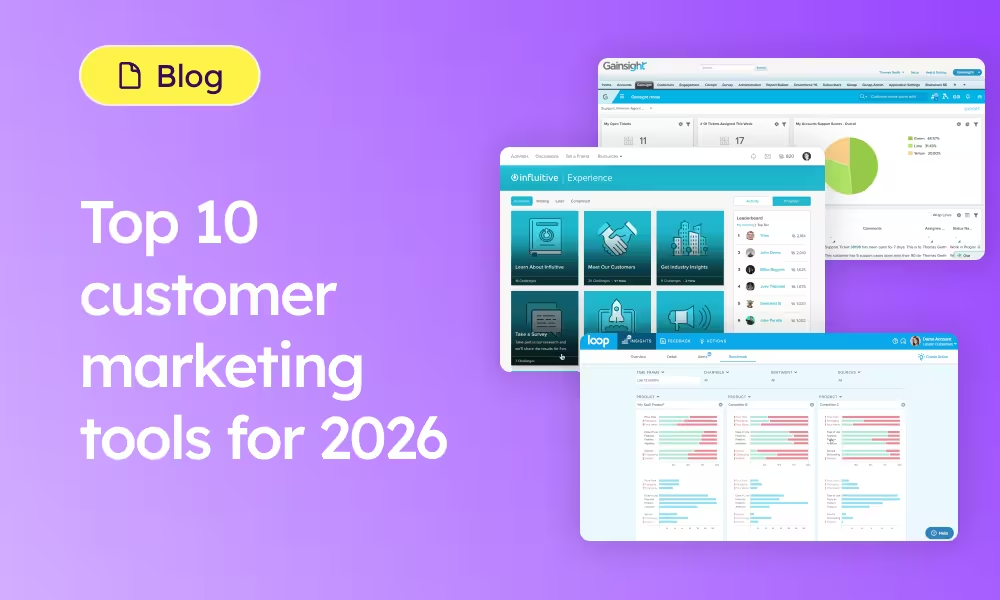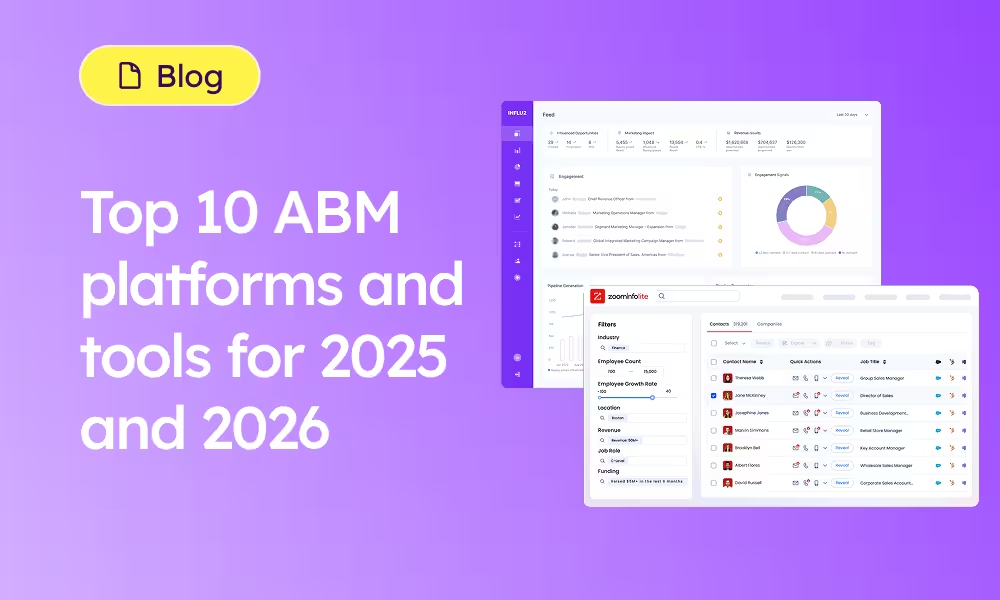One powerful platform for ROI-driven corporate gifting, swag, and engagement at scale.
In the last blog, we spoke about one-to-one and one-to-few tactics. You should now have everything in place to pick your team. ABM-vengers Assemble!
When it comes to getting your team together for ABM there are 2 considerations you want to take:
- What skills does an 'ABMer' need?
- What are the key roles in an ABM team?
You might be thinking “ABM, the ‘M’ stands for ‘marketing’, I’ll get a crack-team of marketers, job done!” However, the ‘M’ can be a bit misleading. The idea of ABM is that it really should focus on the AB - being Account-Based. ABM is a team game and it’s vital to the success of your programs that everyone from Sales through to the C-Suite is bought into your Account-Based approach.
What skills does an ABMer need?
According to Bev Burgess, Senior Vice President & Global ABM Practice Leader at ITSMA, who coined the term ABM in 2003, an ABMer needs:
Commercial Acumen
ABM’s main indicator of success is revenue so it is vitally important that your team is made up of individuals that have a strong level of commercial know-how.
An understanding of the levers of a business
Your team needs to know how your target accounts work and how the business works. If they need to speed things up, knowing what levers to pull will avoid unnecessary delays.
Knowledge of how the business and your clients make money
The team should have a clear understanding of exactly how revenue comes into the business but also how it comes into that of your clients and target accounts too. This will show your target accounts that your service and product can really deliver the results they are investing in because your team is dedicated to making that happen.
Strong leadership skills
Your ABM team will need to pull together different people from different areas of your business together, there may be external help you receive and someone has to hold them accountable as well as holding each other accountable.
Gravitas
When your team speaks, people need to listen. They need to be able to demonstrate their experience and the ideas they have and that they are the right people to take the business in the right direction.
Of course, the team needs to have the right knowledge of your ABM program, everything from the ICP to how to deploy the plays you will be using; understanding of the technology you intend to use and they need to be creative. ABM programs require creativity to really stand out from what everyone else is doing.
What are the key roles in your ABM team?
In its most basic form, ABM combines sales and marketing units. For a long time, these two departments were oil and water. Recently, however, marketers have been using sales tactics and sales reps have been learning more about marketing techniques. ABM is an amalgamation of all your departments for a clear goal.
BDR/SDR/MDR
Are Business/Sales/Marketing Development teams in the marketing or sales function? There's no single answer to this. However, when it comes to ABM prospecting teams need to be knitted tightly into your team. BDRs provide the human element to your tactics and it’s vital they are trained on effective personalization and communication.
AE/Sales
Account Executives, Sales, call them what you will but the team that goes out to close business provide you with that revenue which we will be judging the ABM programmes by. Ensure they are enabled, working closely with the marketing team to have the right content and informing them of what content is needed. The biggest no-brainer, ensure they have the right tools too!
Customer success/Account managers
The teams that directly speak with your clients are vital for the feedback loop you need for an ABM programme to work. Customer Success and Account Managers can bring insights from clients as to what their industries’ pain points are, what content they consumed when purchasing and ultimately help you know which of your efforts are truly connected.
Data administrator
Data is vital to any successful ABM program. Having a person or a few people responsible for storing data, having it easily accessible and refreshed is so important to ensure that the teams that need data can have it in an efficient manner that doesn’t cause delays.
Marketing operations
Someone responsible for orchestrating the technology, able to generate reports on success and put in place the structure that will be able to track and measure how the ABM program is faring.
Content marketers
Creating good content is not easy. It can be time-consuming and difficult but ensuring that you have people that can take an idea and make it into consumable content for your target audience is vital to attract your target accounts.
Creatives
Content can be delivered in so many ways: podcasts, blogs, infographics and thought pieces. Not to mention all the subjects you can speak on. Your creatives are there to help you get innovative, decide what content you create, in what medium and exactly who this content is for as well as where in the journey the intended audience is.
C-Suite
ABM doesn’t work unless everyone is aligned within your organization. If you’re setting up ABM programmes and moving to a new approach it is so important to have that buy-in from leadership so that ideas can be executed in a frictionless way.
Watch the full episode:
You should now have a good idea of what your team should look like and the main roles involved. In the next blog, we show you how to track and measure your programmes. We’ll also speak on the 3 R’s- Reputation, Relationships & Revenue.
For our full "How to Get Started with ABM" series, check the "What is ABM and how to get started" page and our detailed pages - all incl. videos:
Step 2 Building Your Target Account List
Step 4 Focusing in on Your Strategy & Goals
Step 6 Choosing Your Tier 1 + Tier 2 Tactics






.jpeg)



